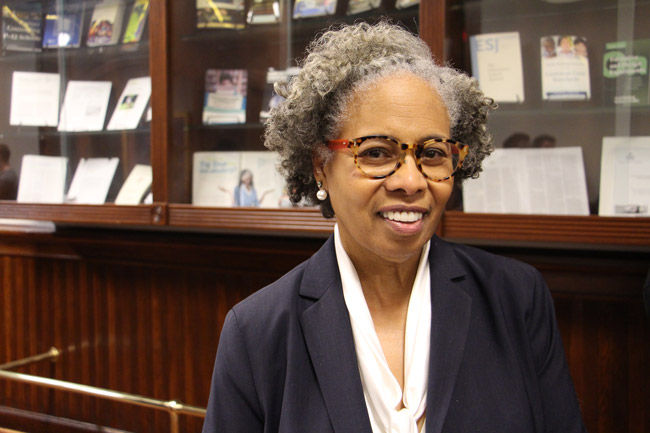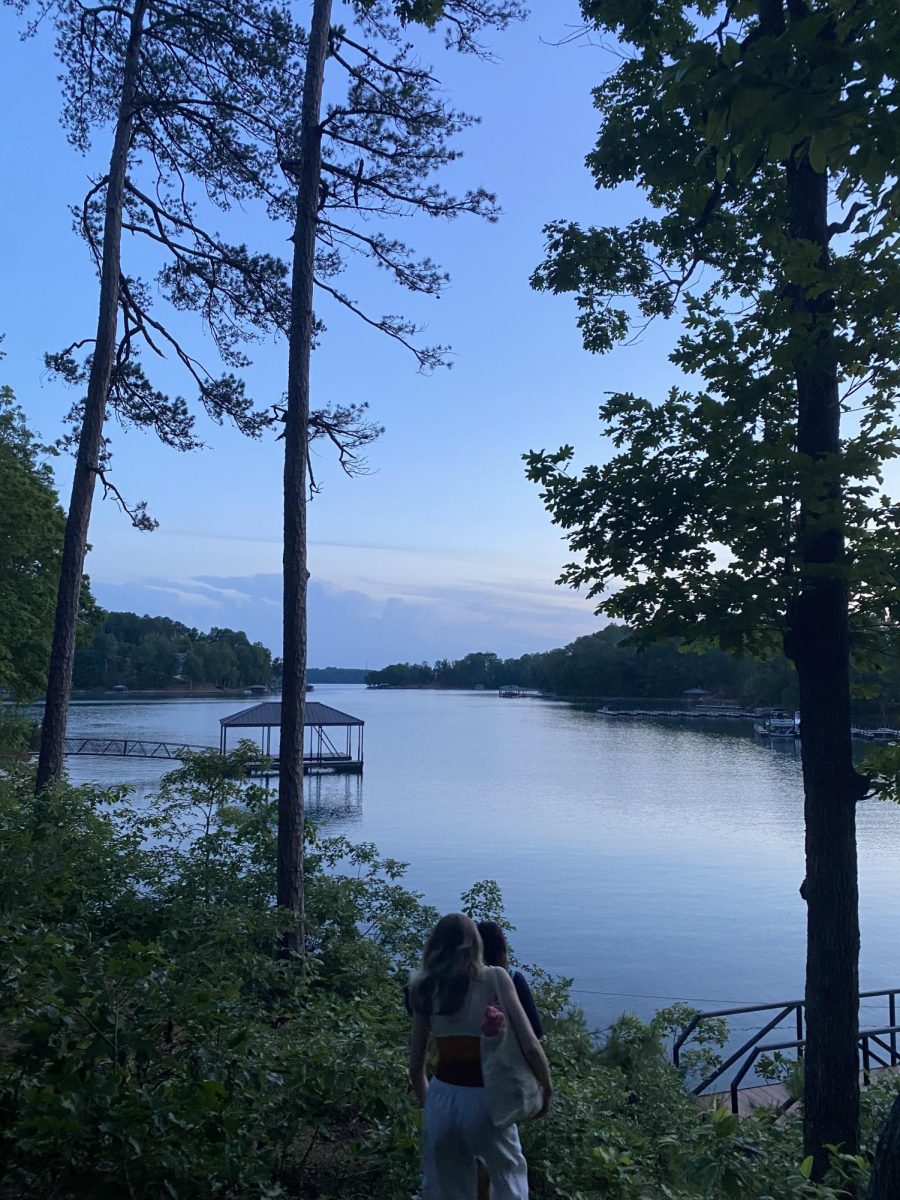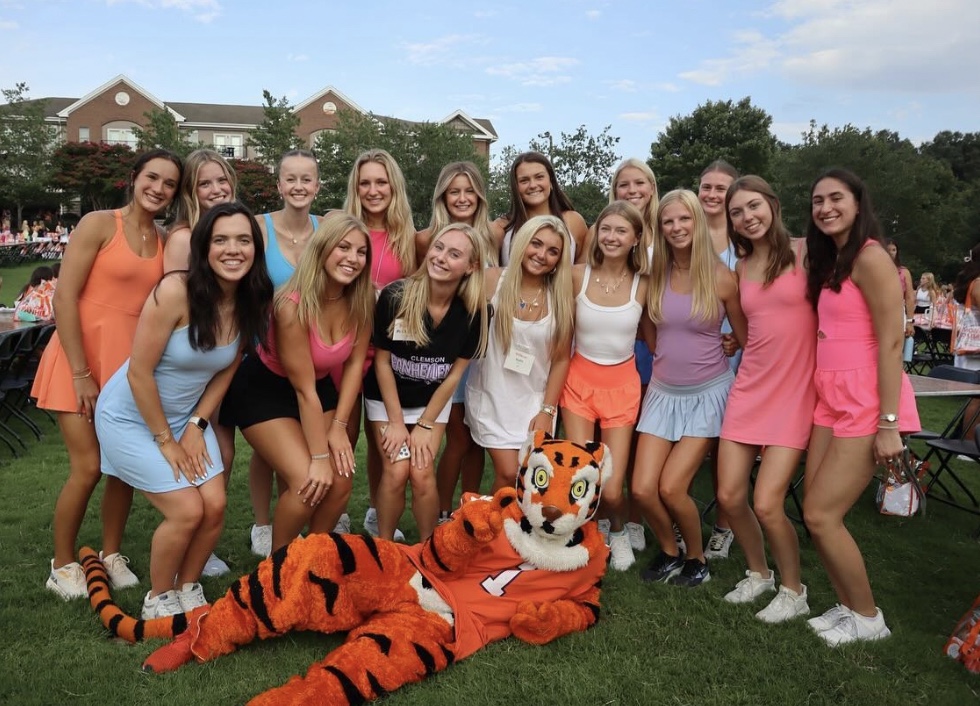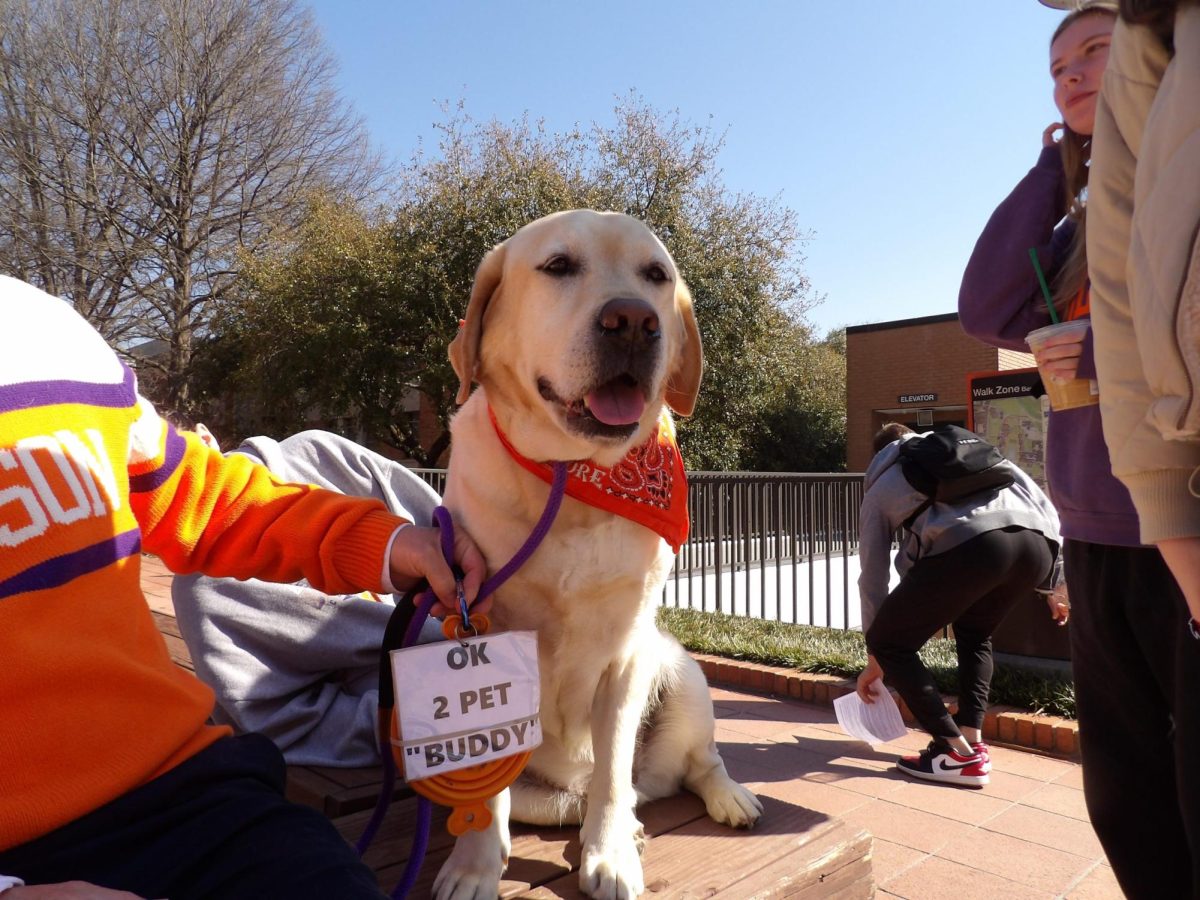“We have to do more imaginative things in creating engaging spaces in our courses,” said education scholar Dr. Gloria Ladson-Billings. “Hip hop can be an important cultural vehicle for connecting with new century students.” Ladson-Billings said that new century students are part of “the most technologically astute, plugged-in, globally connected generation the world has ever seen.”
In a lecture titled “Hip Hop/Hip Hope: Reinventing Culturally Relevant Pedagogy,” Ladson-Billings spoke in Tillman Hall Auditorium this past Monday about using hip hop as a teaching tool to reach traditionally marginalized students.
George J. Petersen, the dean of the school of education, said, “The mission and vision and work of the faculty and staff and students of the Eugene T. Moore School of Education at Clemson is dedicated to serving underserved schools and communities.”
The school of education and its department of teaching and learning hosted Ladson-Billings, the Kellner Family Distinguished Professor in Urban Education at the University of Wisconsin-Madison. She is also a member of the Kappa Delta Pi International Education Honor Society’s Laureate Chapter, former members of which include Albert Einstein and Eleanor Roosevelt.
“[A] culturally relevant approach sees student learning as the goal for every student,” said Ladson-Billings, whose research focuses on African Americans as an underrepresented group in the context of mainstream White culture. Culturally relevant pedagogy, a term coined by Ladson-Billings, is the idea that educators should teach with the cultural backgrounds of their students in mind. Understanding cultures other than one’s own is important for students “because we live in such a globally connected world,” said Ladson-Billings. “How can we develop culturally competent students if our teachers are culturally incompetent?”
Koti Hubbard is a Literacy, Language and Culture Ph.D. student in the school of education. “We need to be aware that students have a lot to bring into the classroom, and one of those things, particularly with African-American students, is hip hop,” said Hubbard, commenting on her takeaway from the lecture. Hubbard said that educators can use hip hop to teach a lot of their academic content.
Ladson-Billings believes that hip hop, an important facet of African American culture with a 40-year history, can help teachers of all education levels connect
with students.
“I’ve come to see how the culture that invigorates and enlivens today’s student, hip hop, is a primary driver in helping to maintain culturally relevant pedagogy by [its] ability and its usefulness,” said Ladson-Billings. She said that “hip hop provides a hope for engaging students in a culturally relevant way to ensure their academic, their cultural and their social-civic success.”
Michael Miller, Jr., a senior elementary education major and president of Clemson’s Call Me MISTER program, introduced Ladson-Billings.
“I absolutely loved the event because it has given me insight and helped me reframe my thinking on why I do what I do as a practitioner and as a reflective thinker,” said Miller after the event. “I believe the message that was embedded in the lecture was that in order to reach people, we have to build relationships.” Miller said that making connections with students helps educators know from what background students are coming.
“These young people are not slackers who don’t care about education,” said Ladson-Billings. “They desire to be deeply engaged in learning, but they don’t want to receive a passive education where rote memorization and regurgitation passes [sic] for learning.”
Students who value the diverse genre of hip hop are able to recognize its different traditions, and several kinds of hip hop are available to teachers.
“There’s East Coast, there’s West Coast, there’s Southern … there’s Gangsta, there’s Battle, there’s Consciousness, Alternative, Crunk,” said Ladson-Billings.
Ladson-Billings said that educators should understand hip hop’s powerful history and the role it plays in the lives of African-American students.
“They want to do; they want to create; they want to inspire; they want to innovate; they want to learn to think critically and analytically,” said Ladson-Billings. “They want to be serious about their education because they understand that hip hop is their best hope.”
Categories:
The Hope in Hip Hop
Justin Lee Campbell, News Editor
February 11, 2016
Justin Lee Campbell, News Editor
Education scholar Dr. Gloria Ladson-Billings delivered a lecture in Tillman Hall auditorium on the relationship between education and hip hop.
0
Donate to The Tiger
Your donation will support the student journalists of Clemson University. Your contribution will allow us to purchase equipment and cover our annual website hosting costs.
More to Discover








